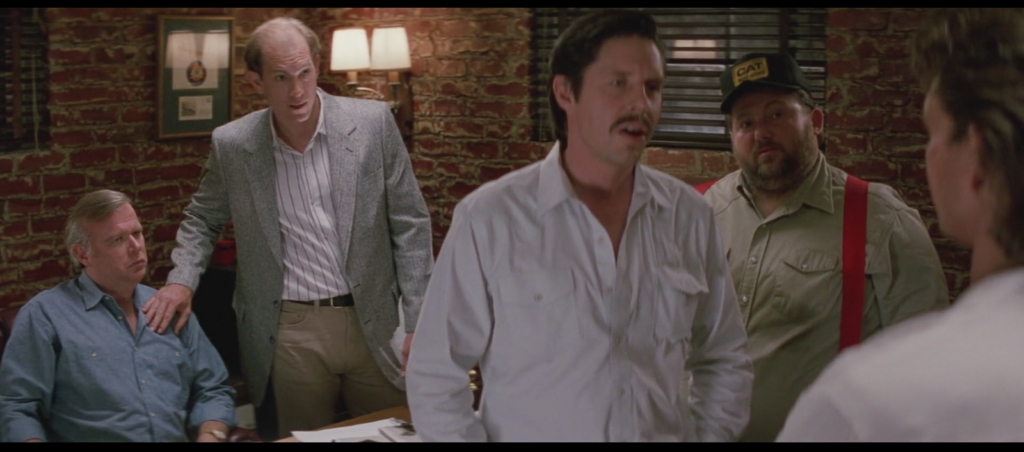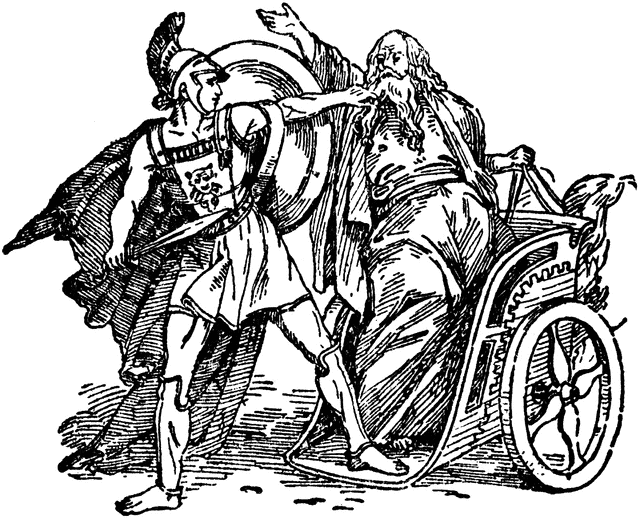Posts Tagged ‘and that’s all you need to know son’
079. Son
March 20, 2019O’Connor is the cornucopia of plenty of goons. Like Barry White, He’s Got So Much To Give, and like Barry White he gives it in basso profundo to boot. In addition to delivering the purest expression of contempt I’ve ever heard in cinema, in addition to getting beaten unconscious when his boss finds his excessive bleeding to be an indicator of cowardice, in addition to dressing business-cazh to every ass-kicking he attempts to give and/or winds up receiving, this poor dumb bastard somehow drills right down into the subtext of Road House and strikes black gold without even trying. My partner, the cartoonist Julia Gfrörer, told me earlier on in this process that Road House is a movie about fatherless sons and sonless fathers. And what do you know—O’Connor addresses Dalton accordingly. When he appears in the Double Deuce with Tinker and Pat McGurn to force Tilghman to re-hire the mustachioed failnephew as a bartender or face the cessation of liquor shipments, Dalton is naturally initially curious as to their intentions. After shutting up the shithead, O’Connor grins broadly and tells Dalton “Mr. Tilghman has changed his mind,” then lowers his head and looks the cooler dead in the eye and gets all serious and adds “And that’s all you need to know, son.”
Son! For context, please note that Michael Rider, the actor who plays O’Connor, is just over four months older than Patrick Swayze. Not even years, which would be goofy enough—April 1952 vs. August 1952 is what we’re talking about here. “Son” is an attempt to bigfoot Dalton by a man who believes himself to be an authority figure. It’s likely meant to belittle him, and I mean literally: Dalton is just knee-high to this towering would-be father. It’s meant to son him, in the Nicki Minaj “all these bitches is my sons” sense.
Naturally, it works out about as well for O’Connor as anything else he tries in this movie. But it does earn him this distinction: He is the only man murdered by Dalton who casts his own eventual demise in Oedipal terms. No doubt Laius was a bleeder too.


